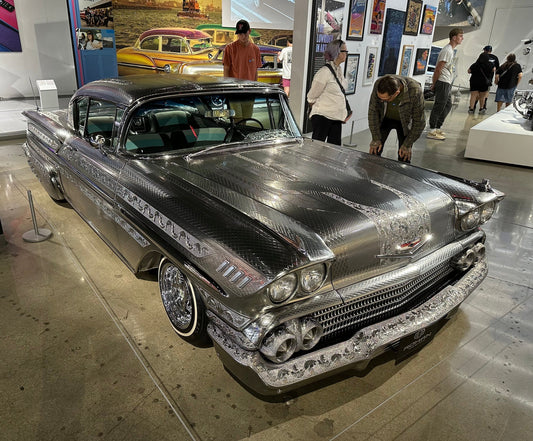It is always difficult to have to reject the hard work of anyone but, in the long run, it's critical to maintain standards.
While auditioning a candidate recording we made of a wonderful musician for Octave, I had the unfortunate task of saying no. No, it's not good enough. No, it serves neither the music nor the audience: instruments—especially the drumkit—sounded dull, lifeless, and blurry.
Of course, being rejected often raises one's defenses:
"It was the best that could be done with what I had to work with."
Two days later I had the exact opposite reaction to a new recording candidate from a different engineer.
"Holy crap!" I said, "This is the best I have ever heard a drumkit."
Cymbals shimmered and dripped with realism. The snap of the snare was as visceral and lifelike as I had ever heard. The old Sheffield Direct to Discs sounded like an MP3 in comparison (ok, I get excited as I recall the experience and I am prone to exaggeration).
Without exaggeration, however, I feel confident in sharing that it felt like the FR30s broke out in a smile.
But, here's the thing. Same drumkit, same recording space, same equipment between the two recordings. Different drummer, to be sure, but that wasn't what I was hearing. No, what I was hearing was a perfect example of raw skill.
Like the difference between Horowitz and a student playing the piano, or Ansel Adams and me shooting a picture.
I know there are some old sayings about arrows and braves, guns and gunners, and a distant memory of a high-school profanity example too.
However it works for you, I trust you get the point.
When it comes down to skill or tools, skill wins every time.










